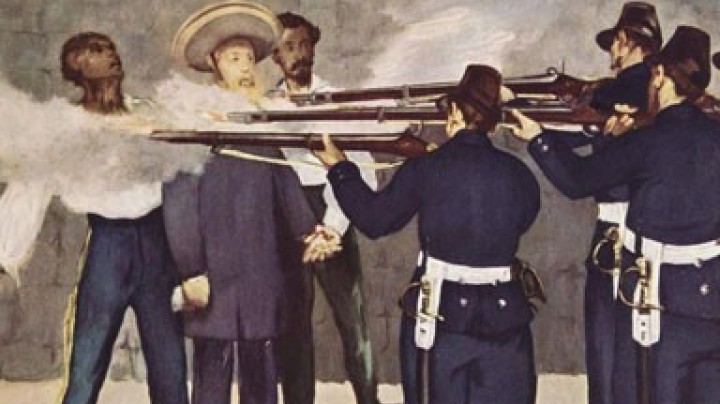The Last Days of Mankind
The internal conflicts in the Habsburg Monarchy and the politics surrounding the European alliances led to the First World War.
The event that triggered off the First World War was the assassination of the Austrian heir to the throne Franz Ferdinand in June 1914, which was followed by Austria’s declaration of war on Serbia. However, the root causes lay much deeper: in the Danube Monarchy’s conflicts with its nationalities and in the configurations of European alliances, which led to the existence of two opposed blocks at the outbreak of war. The declaration of war by the Central Powers, that is to say, the German Reich and Austria-Hungary, was the result of what we can now see to have been an immense overestimation of their own military capacity. The ideological fixation on the necessity of a preventive war (i.e., a strategic military offensive intended to forestall a supposedly imminent enemy attack) resulted in the precipitate use of military means to react to political and social conflicts. The Austrian chief of general staff Conrad von Hötzendorf was one of this strategy’s staunchest advocates. However, the faith in speedy victory and belligerent mood that were in evidence among the people at the beginning of the war swiftly evaporated in the face of the everyday reality of war in all its horror.
Two sound recordings document the contradictory nature of this scenario. On the one hand, Archduke Eugen’s speech of congratulation on the occasion of the Emperor’s eighty-fifth birthday in 1915 speaks of the ‘brave armies’ and emphasizes the ‘loyal brotherhood of weapons’ of the Central Powers. Karl Kraus, on the other hand, in his tragedy The Last Days of Mankind, gives a vivid depiction of the senselessness of this enthusiasm and of the war’s sobering dreadfulness. The recitation of the ravens in Kraus’s play graphically illustrates the net result of armed conflict – the bloodthirsty birds reaping an ample harvest from the field of battle are the only real winners.
The war in eastern and south-eastern Europe saw thousands of civilians being hanged for alleged espionage. Acts of brutal violence against the civilian population were systematically planned and made the subject of official orders as a part of the conduct of war.


















